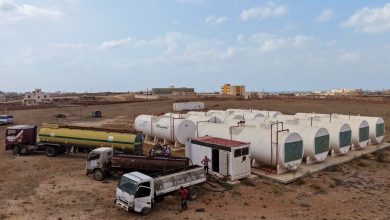Algiers – The World Bank has revised upward its growth projection for the economies of the Middle East, North Africa, Afghanistan, and Pakistan, forecasting a 2.8% expansion in 2025 compared to its earlier estimate of 2.6%. This marks an improvement over the 2.3% growth recorded in 2024.
In its latest report titled “Work and Women: Untapped Talent and Unrealized Growth”, the Bank predicts that regional economies will grow by 3.3% in 2026, despite persistent global uncertainty driven by trade disruptions, conflicts, and population displacement.
Gulf Cooperation Council countries are expected to benefit from a gradual and voluntary easing of oil production cuts and from growth in non-oil sectors. Oil-importing nations will likely see improvements thanks to increased public spending, private investments, and the rebound of agriculture and tourism. In contrast, developing oil-exporting countries are forecasted to experience a slowdown due to ongoing conflicts and reduced production.
The report underscores the urgency of integrating women into the workforce. Currently, only one in five women participates in the labor force in the region—the lowest rate worldwide—despite clear advances in education and skill acquisition.
World Bank Vice President for the Middle East, North Africa, Afghanistan, and Pakistan, Ousmane Dione, urged decisive action beyond limited measures to unlock women’s full potential. He emphasized that a dynamic private sector capable of generating jobs and meeting aspirations is key to genuine progress.
Roberta Gatti, the Bank’s Chief Economist for the region, highlighted the substantial economic gains to be achieved from boosting female participation, noting that removing barriers could raise per capita GDP by 20–30% in economies such as Egypt, Jordan, and Pakistan.




